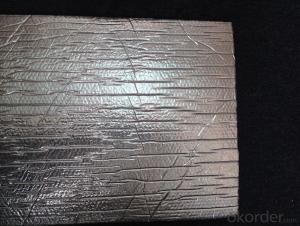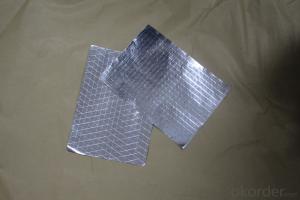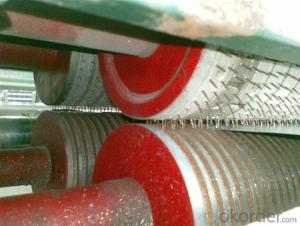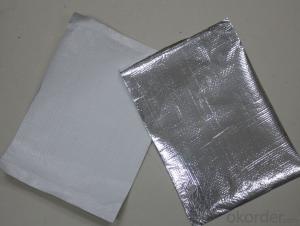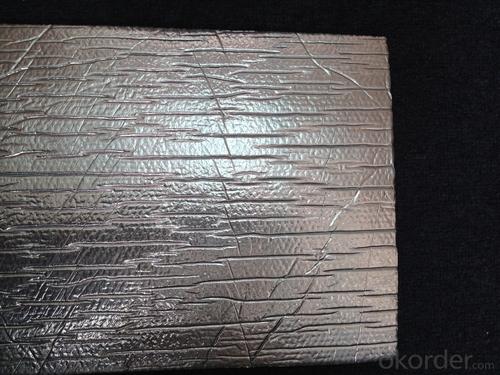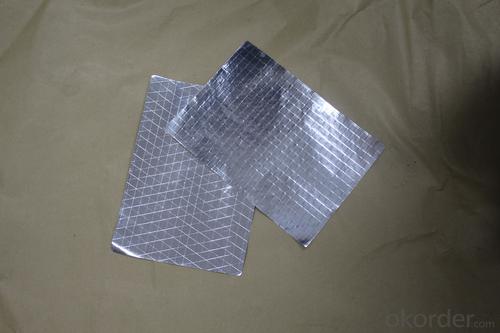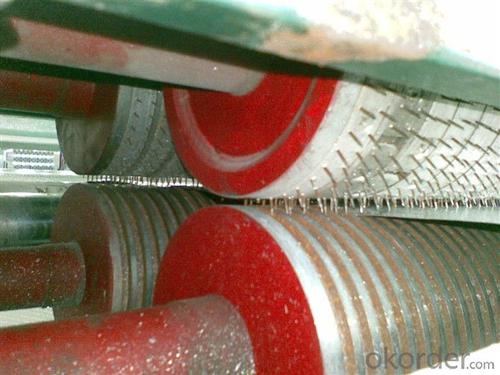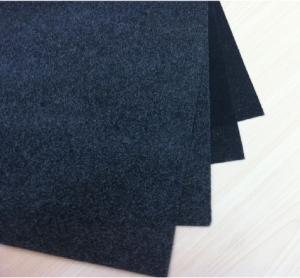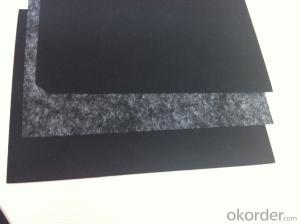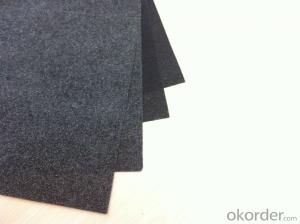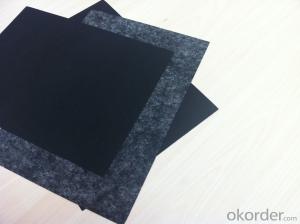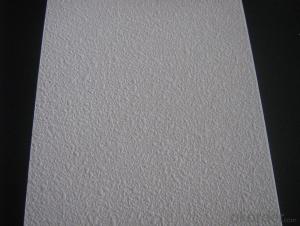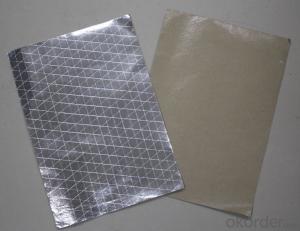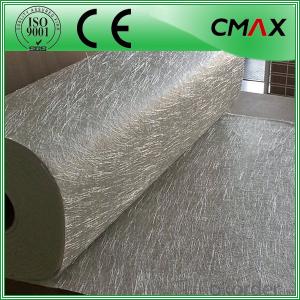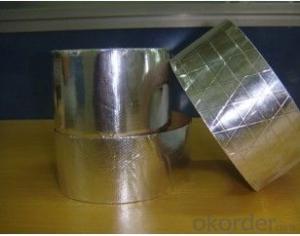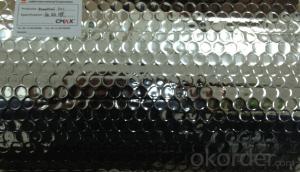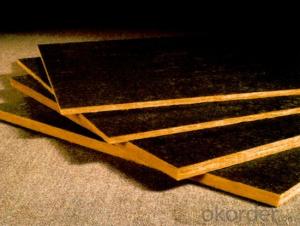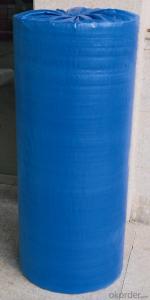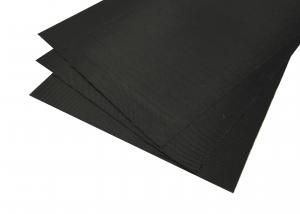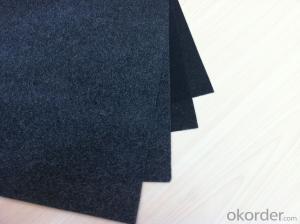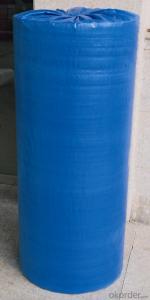Fiberglass Facing Flexible Ducts Bubble Foil Green Foil Insulation
- Loading Port:
- China Main Port
- Payment Terms:
- TT OR LC
- Min Order Qty:
- -
- Supply Capability:
- -
OKorder Service Pledge
OKorder Financial Service
You Might Also Like
Application:
1,Building Thermal Insulation Material
(1),Roof,Underlay,Under Concrete & floor Insulation;
(2),Attic,Crawl Space,Stud Wall ,Metal Frame Building Insulation.
2,Wrapping
(1),Protective coatings of ventilating pipe,HVAC Duct & Pipe;
(2),Shells of air conditioner and water heater.
Feature:
1), Waterproof, heavy duty, clean, light, flexible, non-absorbent surface
2), Fire resistant & antiglare
3), Recyclable, environmentally friendly
4), Effective in extreme temperatures both hot and cold
5), Easily install, cut, stapled, nailed or glued into place
6), Safe to handle with no special clothing or breathing Equipment
Feature:
1), Waterproof, heavy duty, clean, light, flexible, non-absorbent surface
2), Fire resistant & antiglare
3), Recyclable, environmentally friendly
4), Effective in extreme temperatures both hot and cold
5), Easily install, cut, stapled, nailed or glued into place
6), Safe to handle with no special clothing or breathing Equipment
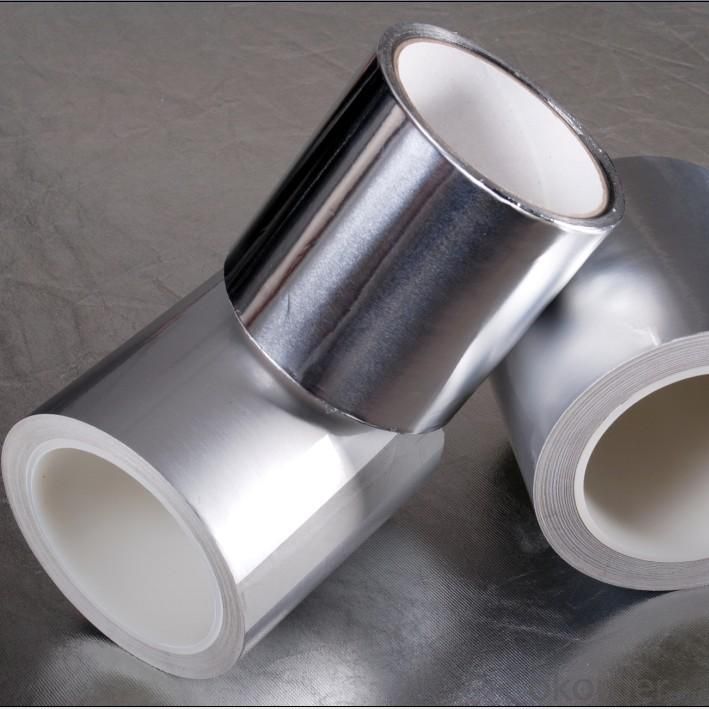
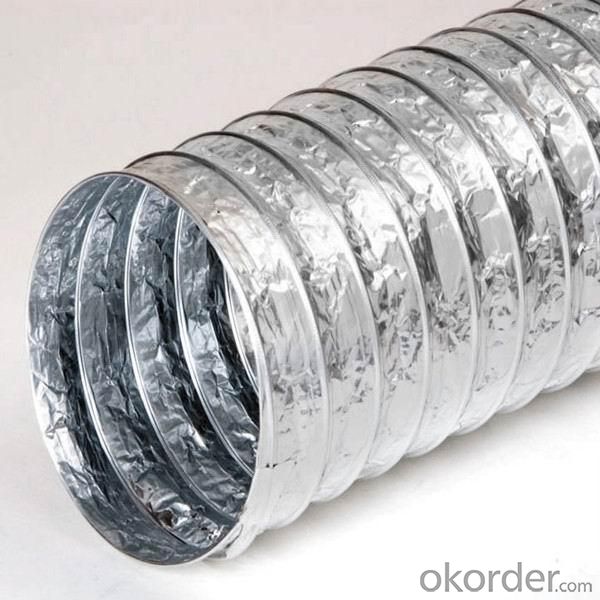
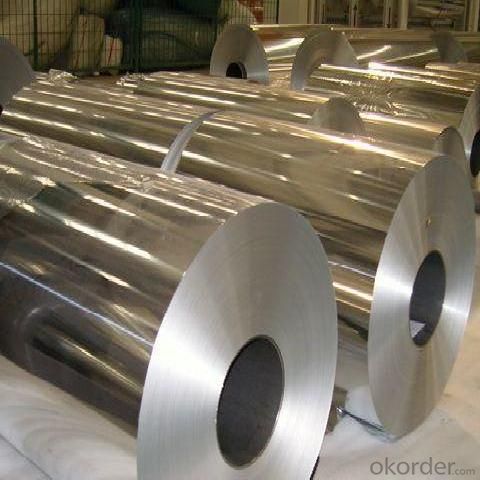
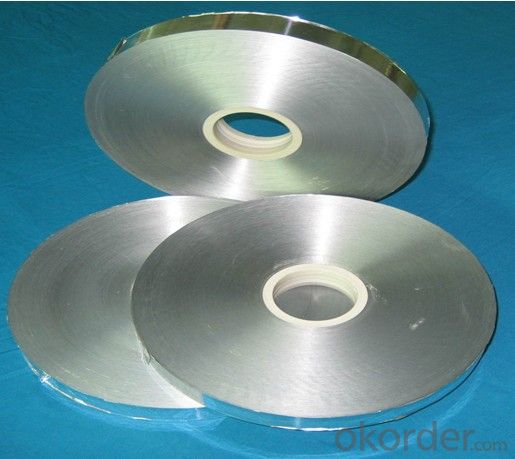
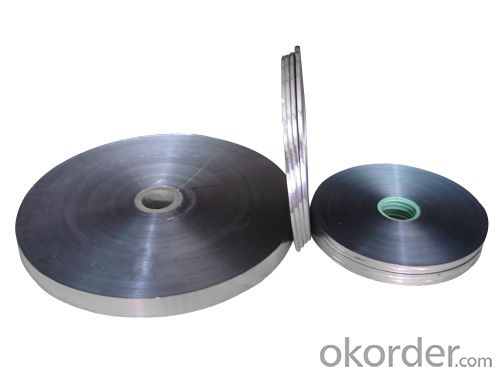
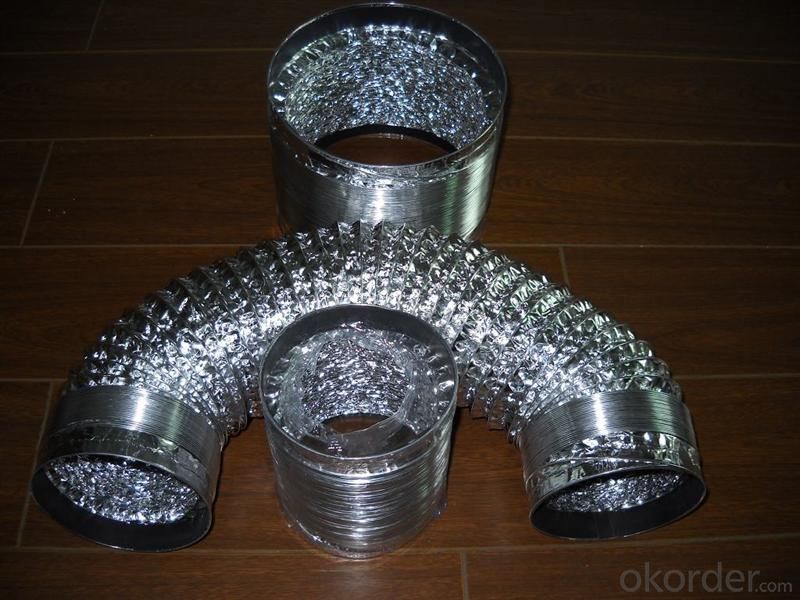
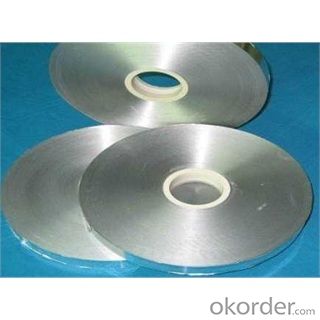
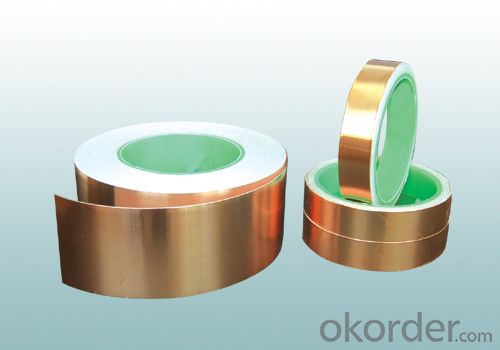
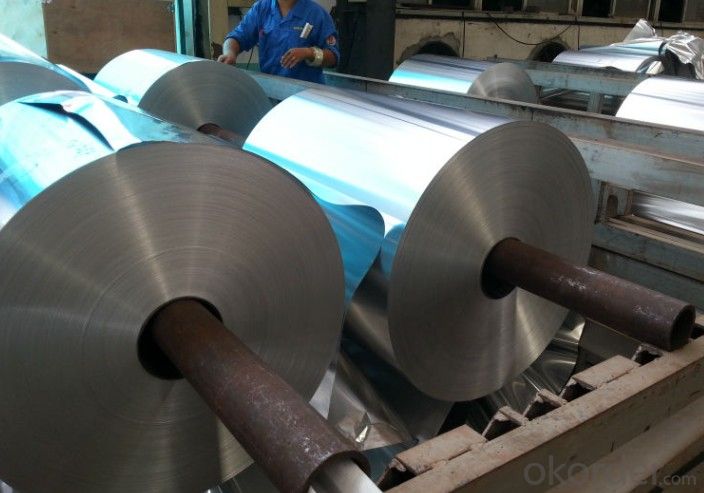
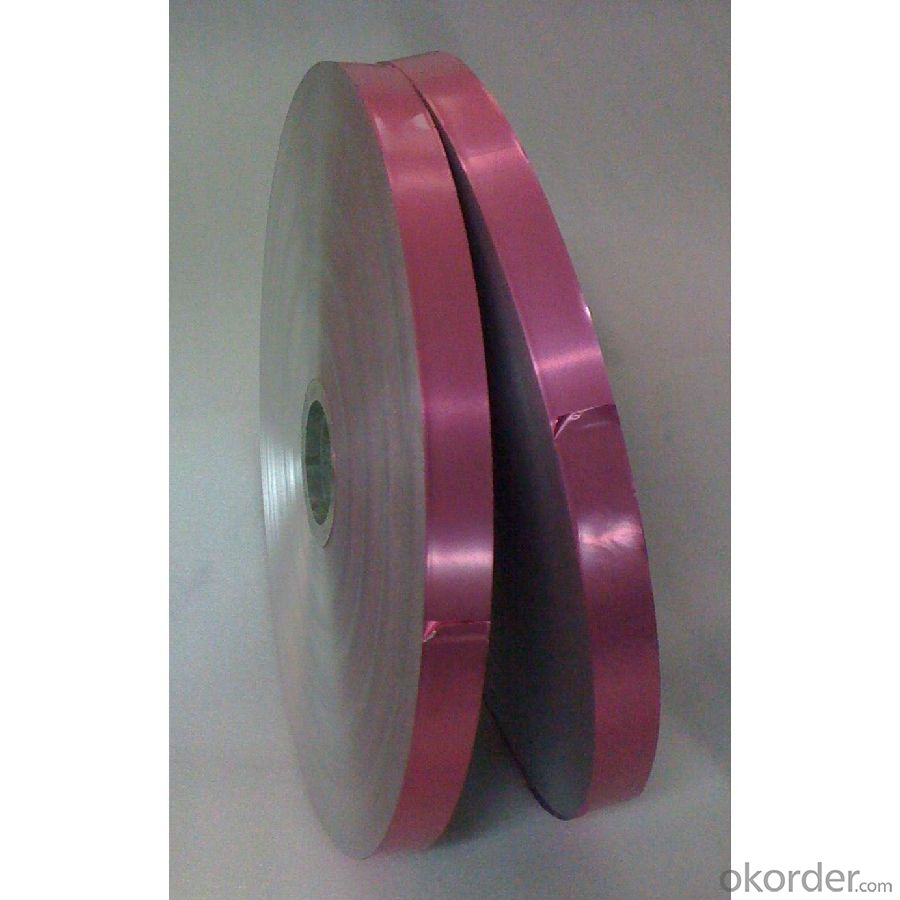
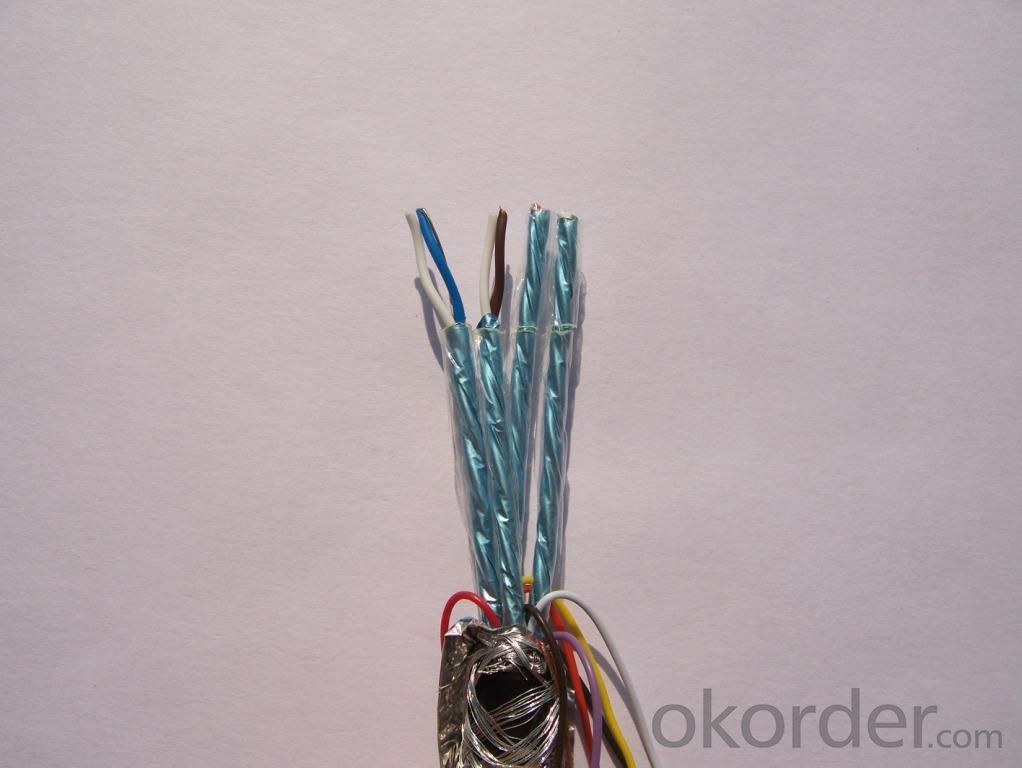
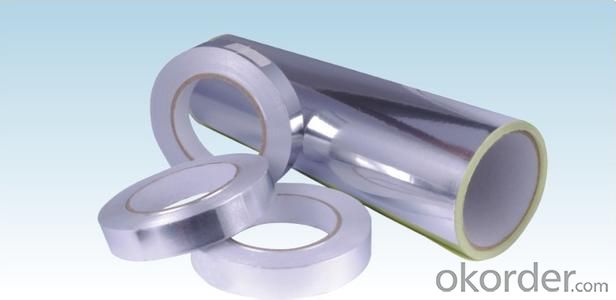
- Q: The question asks if it is safe to use black fiberglass tissues to clean car windows without causing scratches.
- <p>Yes, you can use black fiberglass tissues to clean your car windows without scratching them. These tissues are designed to be non-abrasive and gentle on surfaces, making them suitable for cleaning windows without causing damage. However, it's always a good idea to test a small, inconspicuous area first to ensure there is no adverse reaction. Additionally, ensure that the tissues are clean and free from any debris that could potentially scratch the glass.</p>
- Q: This question asks for an explanation of the production process of black fiberglass tissue.
- <p>Black fiberglass tissue is produced by weaving glass fibers into a fabric and then applying a black resin coating. The process begins with the melting of glass to form a molten substance, which is then extruded through a spinneret to create fine glass fibers. These fibers are woven into a fabric, similar to how textiles are made. After weaving, the fabric undergoes a sizing process where a black resin is applied. This resin not only gives the fiberglass its black color but also provides additional strength and protection to the fibers. The coated fabric is then cured to harden the resin, resulting in a durable and black-colored fiberglass tissue.</p>
- Q: This question asks for the specific measurement of the thickness of black fiberglass tissue.
- <p>The thickness of black fiberglass tissue can vary depending on the specific product and manufacturer. Generally, it ranges from 0.1mm to 2mm. However, it's important to note that the exact thickness should be confirmed by referring to the product specifications or by contacting the manufacturer directly, as different applications may require different thicknesses.</p>
- Q: This question asks for guidance on selecting the appropriate type of black fiberglass tissue for a specific application.
- <p>To choose a suitable type of black fiberglass tissue for your application, consider the following factors: 1) Mechanical properties: Assess the required strength, flexibility, and durability. 2) Thermal resistance: Determine the temperature range your application will encounter. 3) Chemical resistance: Identify any chemicals the tissue will come into contact with and ensure compatibility. 4) Electrical properties: If electrical insulation is needed, check for dielectric strength and resistivity. 5) Optical properties: Black fiberglass may be used for light blocking or aesthetic purposes; consider the desired level of opacity. 6) Environmental conditions: Factor in exposure to moisture, UV radiation, or other environmental stressors. Consult product data sheets and manufacturer recommendations to find a material that meets these criteria for your specific application.</p>
- Q: Is it possible to utilize black fiberglass tissue in industrial applications?
- <p>Yes, black fiberglass tissue can be used for industrial purposes. It is known for its strength, durability, and resistance to various environmental conditions. Commonly used in construction, automotive, aerospace, and electrical industries, black fiberglass is valued for its non-conductive properties and ability to withstand high temperatures. It is often employed in the manufacturing of composite materials, insulation, and structural components where its unique properties are beneficial.</p>
- Q: Is fiberglass facing fire-resistant?
- Yes, fiberglass is fire-resistant. It is made of glass fibers that do not burn and are therefore able to withstand high temperatures without igniting.
- Q: Is it possible to reuse old paper towels in the kitchen instead of purchasing new ones for each cooking session?
- <p>While reusing paper towels might seem like an environmentally friendly option, it's generally not recommended for kitchen use. Paper towels are designed for single use and can harbor bacteria after contact with food particles and spills. Reusing them can lead to cross-contamination and foodborne illnesses. Instead, consider using washable rags or cloths that can be sanitized after each use, or opt for more sustainable alternatives like bamboo or reusable silicone towels.</p>
- Q: Can black fiberglass tissue be utilized for cleaning hard surfaces?
- <p>Yes, black fiberglass tissue can be used for cleaning hard surfaces. It is known for its durability and abrasive properties, making it suitable for removing dirt, grime, and even paint. However, it's important to be cautious as it can scratch softer surfaces. Always test on a small, inconspicuous area first to ensure it won't damage the surface.</p>
- Q: Is it possible to use black fiberglass tissue to clean oil stains?
- <p>Yes, black fiberglass tissue can be used for wiping oil stains. It is a non-conductive material that can effectively absorb and remove oil. However, it's important to use it with caution as the rough texture of fiberglass can potentially scratch surfaces. Additionally, it's recommended to wear protective gloves while using fiberglass tissue to avoid skin irritation. Always check the manufacturer's guidelines for the specific product to ensure it's suitable for the task at hand.</p>
- Q: Can black fiberglass tissue be utilized effectively as a material for filters?
- <p>Yes, black fiberglass tissue can be used as a filter material. It is known for its high tensile strength and resistance to chemicals, making it suitable for air and liquid filtration applications. However, it's important to note that fiberglass may not be suitable for all types of filtration due to potential health risks associated with inhalation of fibers and the need for specific conditions to prevent degradation. It is often used in industrial settings for filtering particulates and in HVAC systems. Always ensure that the use of fiberglass tissue complies with safety standards and the specific requirements of the filtration task at hand.</p>
Send your message to us
Fiberglass Facing Flexible Ducts Bubble Foil Green Foil Insulation
- Loading Port:
- China Main Port
- Payment Terms:
- TT OR LC
- Min Order Qty:
- -
- Supply Capability:
- -
OKorder Service Pledge
OKorder Financial Service
Similar products
Hot products
Hot Searches
Related keywords
